Sleep quality and sleep health are essential aspects of our overall well-being. A good night's sleep can contribute to improved cognitive function, better mood, and enhanced physical health. However, with the increasing prevalence of sleep disorders and the fast-paced, modern lifestyle, achieving optimal sleep has become more challenging than ever. This is where technology comes into play. From wearable devices to smart beds, various innovations are being developed to help individuals enhance their sleep quality. Let’s explore how technology-driven sleep solutions can potentially improve your sleep health and overall well-being.
The Role of Technology in Sleep Quality Improvement
Sleep disorders, such as insomnia, sleep apnea, and restless legs syndrome, are becoming increasingly common, affecting millions of people worldwide. Technology has emerged as a non-clinical tool in addressing this need, offering a range of solutions to help individuals enhance their sleep quality.
Wearable devices, such as fitness trackers and smartwatches, have become popular for monitoring sleep patterns and providing personalized sleep recommendations. These wearables collect data on various sleep parameters, such as sleep duration, efficiency, and stages, enabling users to better understand their sleep habits and make informed decisions for improvement.
Smart beds, on the other hand, offer sleep quality improvement by adjusting various aspects of the sleep environment, such as temperature, firmness, and elevation, based on individual preferences and needs. Some smart beds can also track sleep patterns, providing valuable insights to help users optimize their sleep experience.
Other technology-driven sleep improvement methods include sleep tracking apps, ambient sound machines, and light therapy devices, all designed to aid in creating a conducive sleep environment and promoting better sleep habits.
These technologies have the potential to greatly benefit individuals in their quest for optimal sleep. By providing personalized recommendations, tracking sleep patterns, and offering customizable sleep environments, these appliances help make behaviour adjustments to improve sleep quality.
Wearable Sleep Trackers
Wearable sleep monitors, such as fitness trackers and smartwatches, are designed to track various aspects of an individual's sleep patterns, including sleep duration, sleep stages, and sleep efficiency. These devices typically use a combination of sensors, such as accelerometers, heart rate monitors, and even temperature sensors, to collect data while the user sleeps. This data is then analyzed to provide insights into the user's sleep quality and habits.
.png)
Some popular wearable devices for sleep optimization include:
- Fitbit: Known for its fitness tracking capabilities, Fitbit also offers sleep tracking features in many of its devices. Fitbit devices measure sleep stages and provide users with a sleep score to help them understand their sleep quality better.
- Apple Watch: With the built-in Sleep app, Apple Watch users can track their sleep duration and create personalized sleep schedules. The device also offers bedtime reminders and tracks sleep trends over time.
- Garmin Watches: Many Garmin smartwatches offer advanced sleep tracking features, providing insights into sleep stages, REM sleep, and sleep quality. Some devices also offer sleep monitoring for naps, allowing users to optimize their daytime rest.
- Oura Ring: This sleek, wearable ring tracks a variety of sleep parameters, including sleep stages, sleep efficiency, and body temperature. The Oura Ring also provides personalized sleep recommendations based on the user's data.
Data analysis from wearables and personalized sleep recommendations may allow users to identify patterns and trends in their sleep habits. By understanding their sleep patterns, individuals can make adjustments to their lifestyle, sleep environment, and sleep schedule to improve their sleep health.
Smart Beds
Smart beds are revolutionizing the sleep industry, offering innovative solutions for optimizing sleep quality by incorporating advanced technology into mattress and bed frame designs. These beds are available from top brands such as Sleep Number, Eight Sleep, and Serta iComfort, each with its own unique features and benefits.
.png)
Sleep Number beds, for example, offer adjustable firmness options that allow users to personalize their sleep experience to their preferred level of comfort and support. The bed's temperature control feature ensures that the user is kept cool or warm throughout the night, promoting better sleep quality.
Eight Sleep's smart bed range includes built-in sensors that track sleep patterns and provide users with valuable insights into their sleep quality and habits. The bed can also adjust the temperature of the mattress according to the user's preferences, ensuring a comfortable and restful sleep environment.
Serta iComfort's adjustable bed frames provide elevation control options that allow users to raise or lower the head or foot of the bed. This feature can be beneficial for individuals who suffer from sleep apnea, snoring, or acid reflux, as it helps alleviate symptoms and promotes better sleep quality.
By making personalized adjustments to the sleep environment, duration, and efficiency, smart bed technology can contribute to improved sleep quality and overall health.
Other Sleep Appliances
In addition to wearable sleep trackers and smart beds, several other appliances have been developed to help achieve better sleep quality. Broad categories of such devices include:
- Sleep monitoring devices: Standalone sleep monitoring devices can be placed on the user's bed to track sleep patterns, sleep environment, and other sleep-related parameters. These devices can provide personalized insights and recommendations to help users improve their sleep quality.
- Sleep therapy tools: Such devices offer sleep therapy solutions using techniques such as audio stimulation and electrical stimulation, respectively, to enhance sleep quality and promote restorative sleep.
- Light therapy devices: These devices use light exposure to regulate the body's internal clock and improve sleep-wake patterns. This can be particularly beneficial for individuals with circadian rhythm sleep disorders or those experiencing jet lag.
These advanced sleep appliances may provide personalized behavior advice, insights into sleep patterns, and support your sleeping habits. By offering tailored recommendations they empower individuals to make data-driven decisions for optimizing their sleep, with a promise of better sleep quality and overall well-being.
Challenges and Limitations of Technology in Sleep Quality Enhancement
While advanced sleep technologies offer promising solutions for sleep improvement, it is important to recognize their potential drawbacks and limitations. Relying solely on technology for sleep enhancement may not provide a comprehensive understanding of an individual's sleep health, and certain aspects of sleep may remain unaddressed.
One concern surrounding sleep tracking technology is the accuracy of the data collected. While wellness devices are becoming increasingly sophisticated, they do not always provide a completely accurate representation of an individual's sleep patterns. This can lead to potential misinterpretation of sleep data and misguided sleep improvement efforts.
Additionally, data privacy is a concern with the use of sleep tracking technology. Users may worry about the security of their personal sleep data and how it may be used or shared by third-party companies. It is essential for users to carefully review the privacy policies of the devices and apps they use to ensure their data is being protected and used responsibly.
While technology offers innovative and personalized solutions for sleep quality enhancement, it is important to recognize it's limitations and the need for a holistic approach to sleep care. Incorporating the expertise of sleep specialists alongside the use of advanced sleep technologies can provide the most effective and well-rounded path to improved sleep health and overall well-being.
Conclusion
We encourage you to explore the various options in improving your sleep, including wearable devices, smart beds, and advanced sleep appliances. By taking advantage of these tools, you lean into behavior tools to make informed life-style decisions, which may improve your sleep quality.
For a guided approach to sleep care, consider Empower Sleep. We offer virtual consultations with fellowship-trained and board-certified sleep doctors, personalized prescription treatments, and FDA-approved sleep testing devices shipped directly to your door. Our care plan is based on continuous sleep testing, as it aims to provide accurate diagnosis and identify treatment options tailored to unique personal needs. Our care team is available for consultations via messaging, as well as visits, and works with you to address sleep disorders on your schedule.
With Empower Sleep you can embark on a comprehensive sleep care journey that addresses your unique needs and helps you achieve better sleep for a better tomorrow.


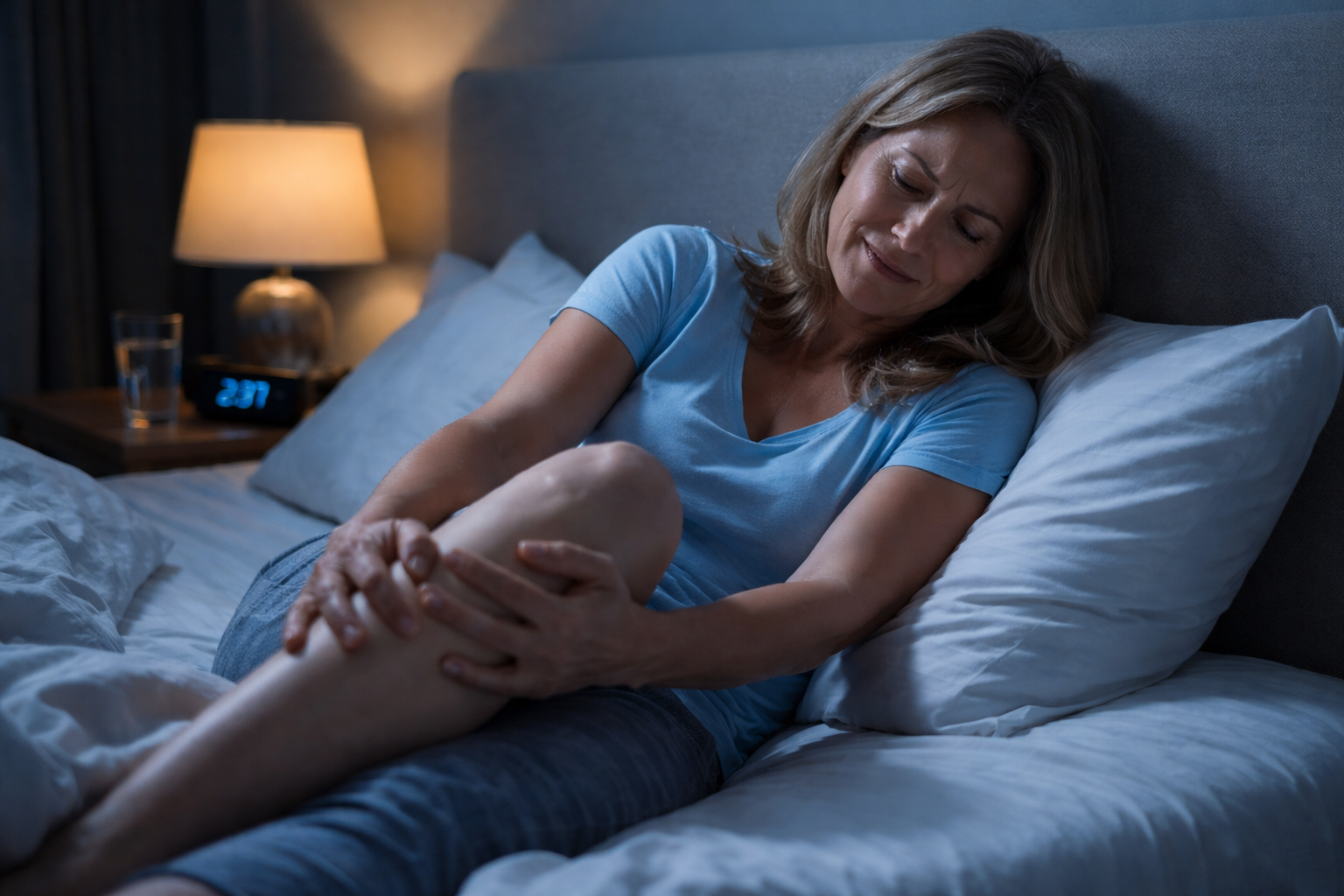
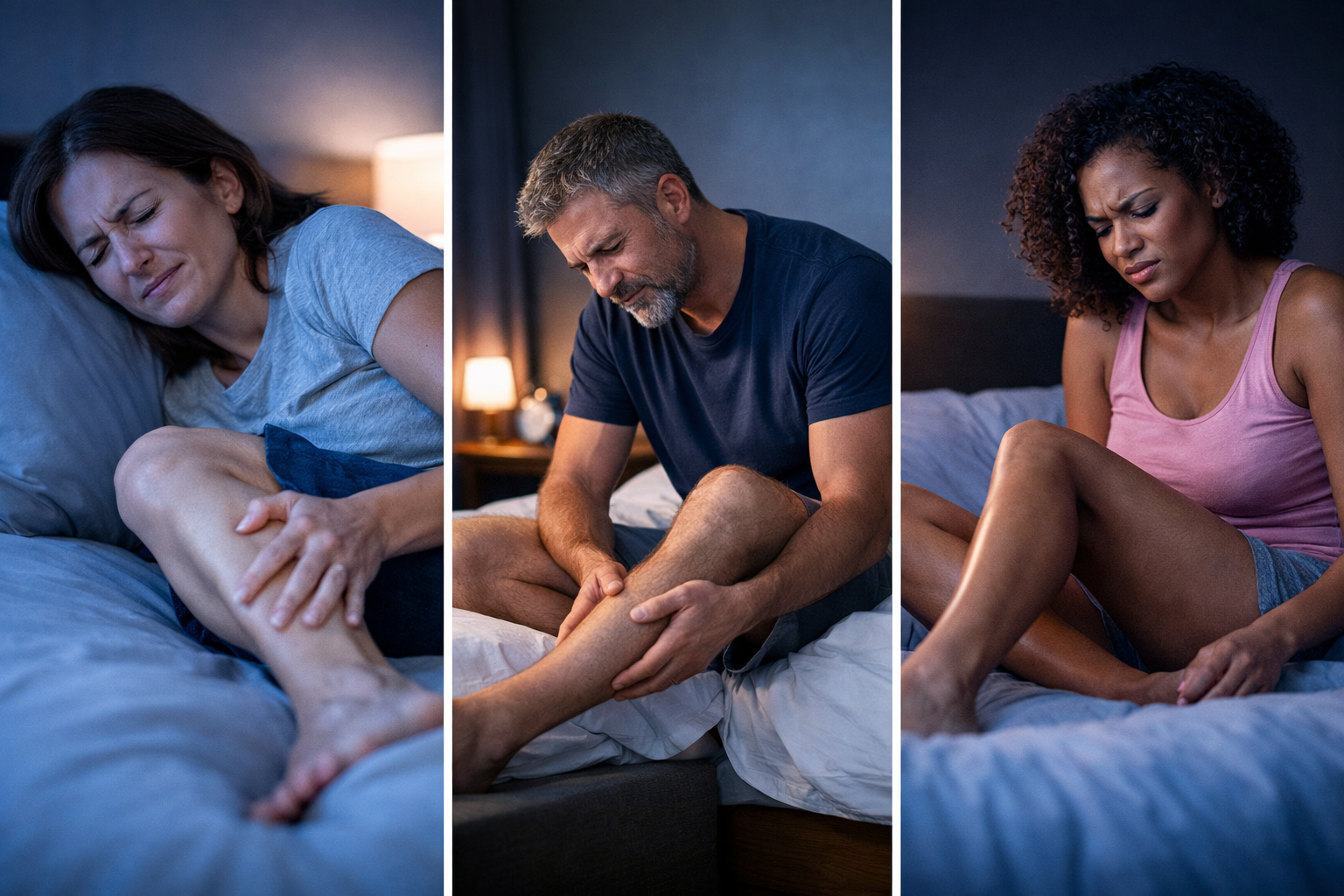



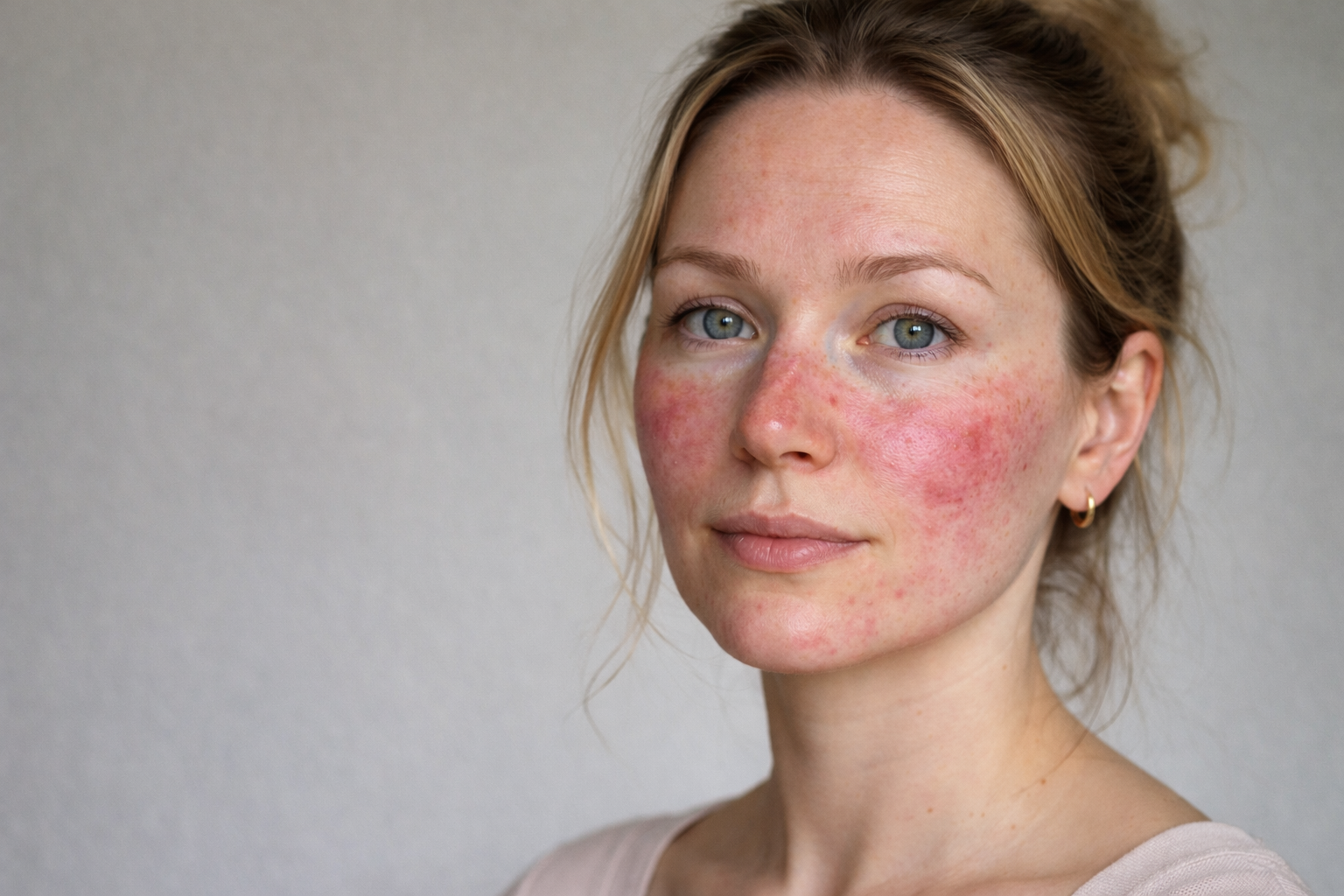

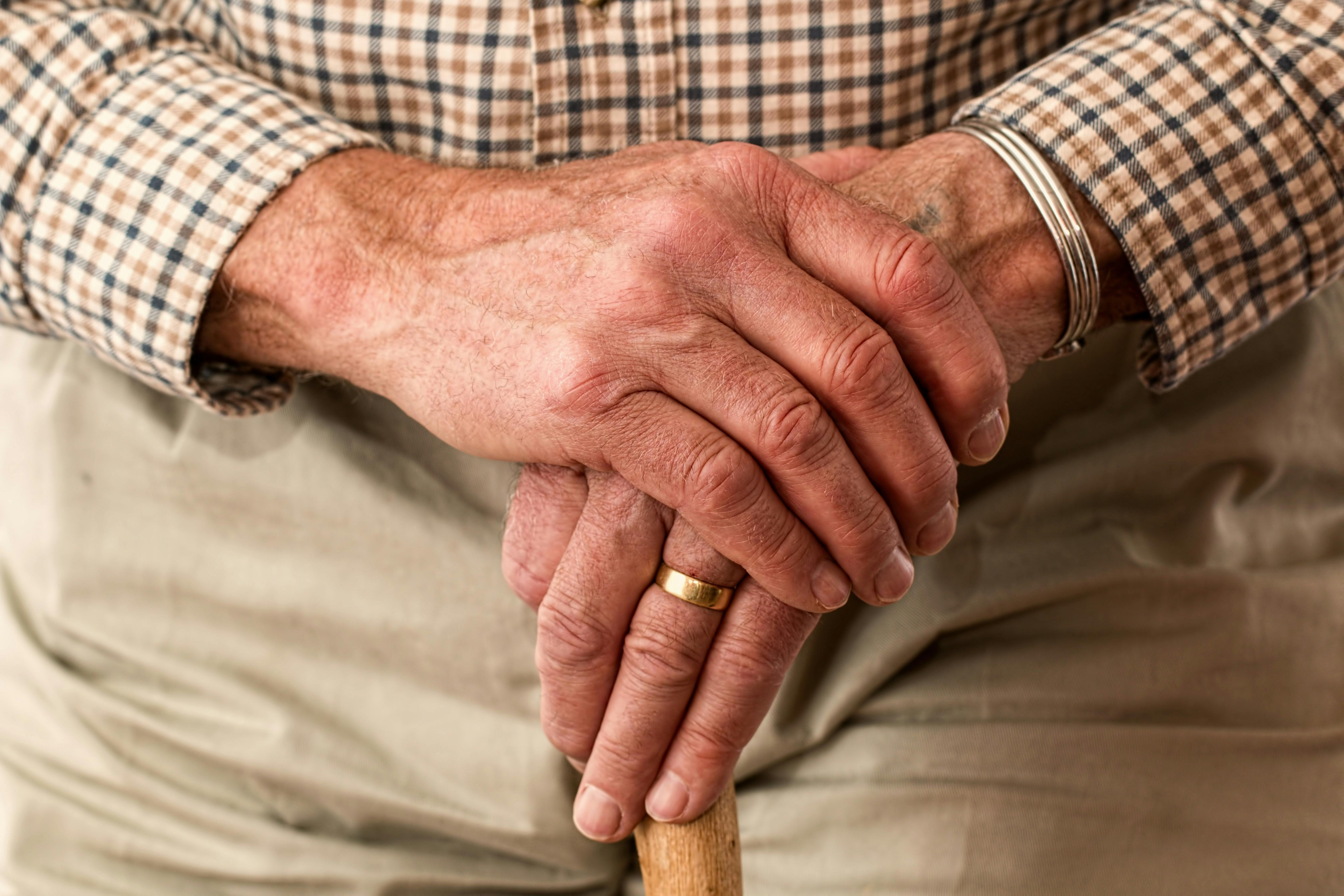
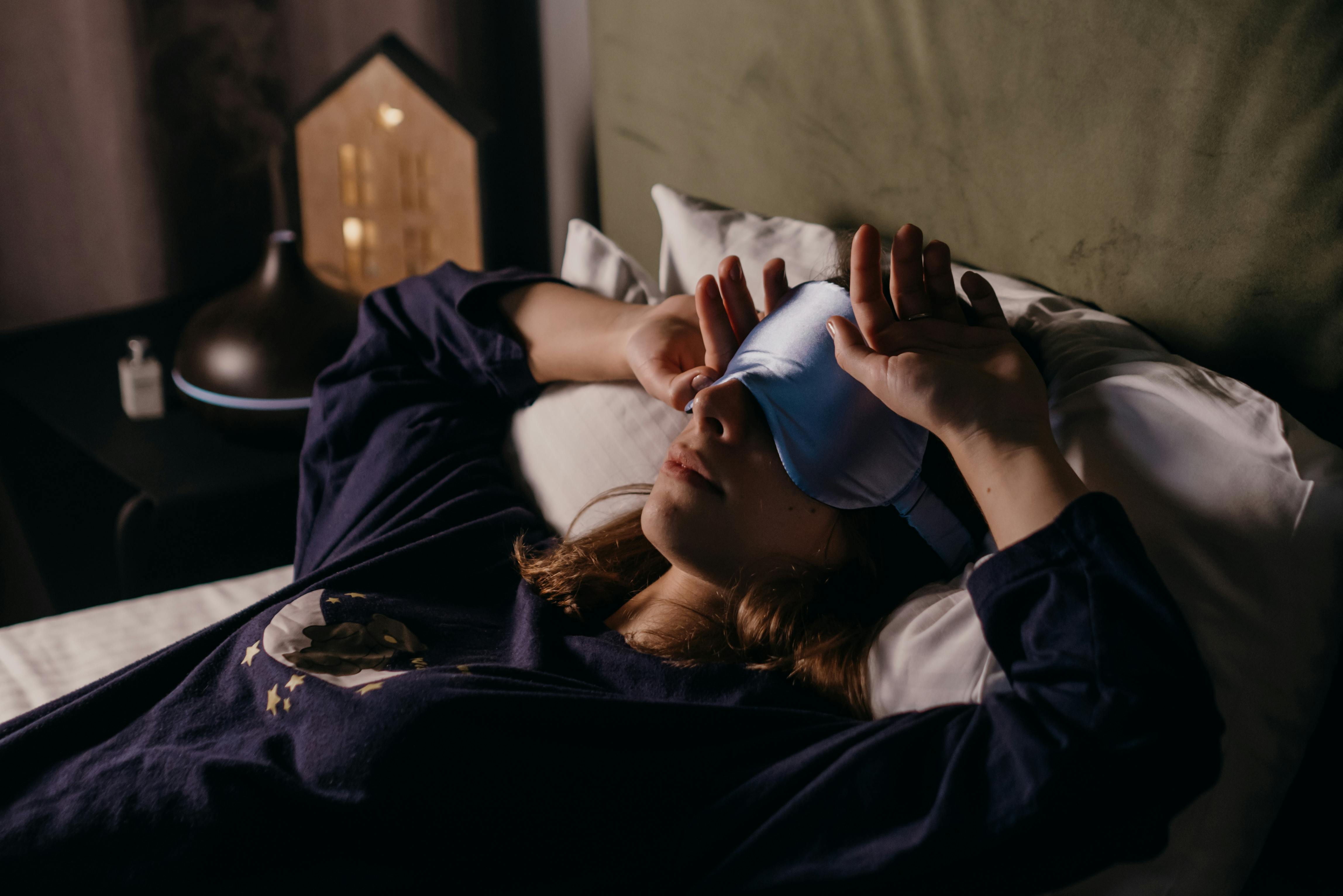

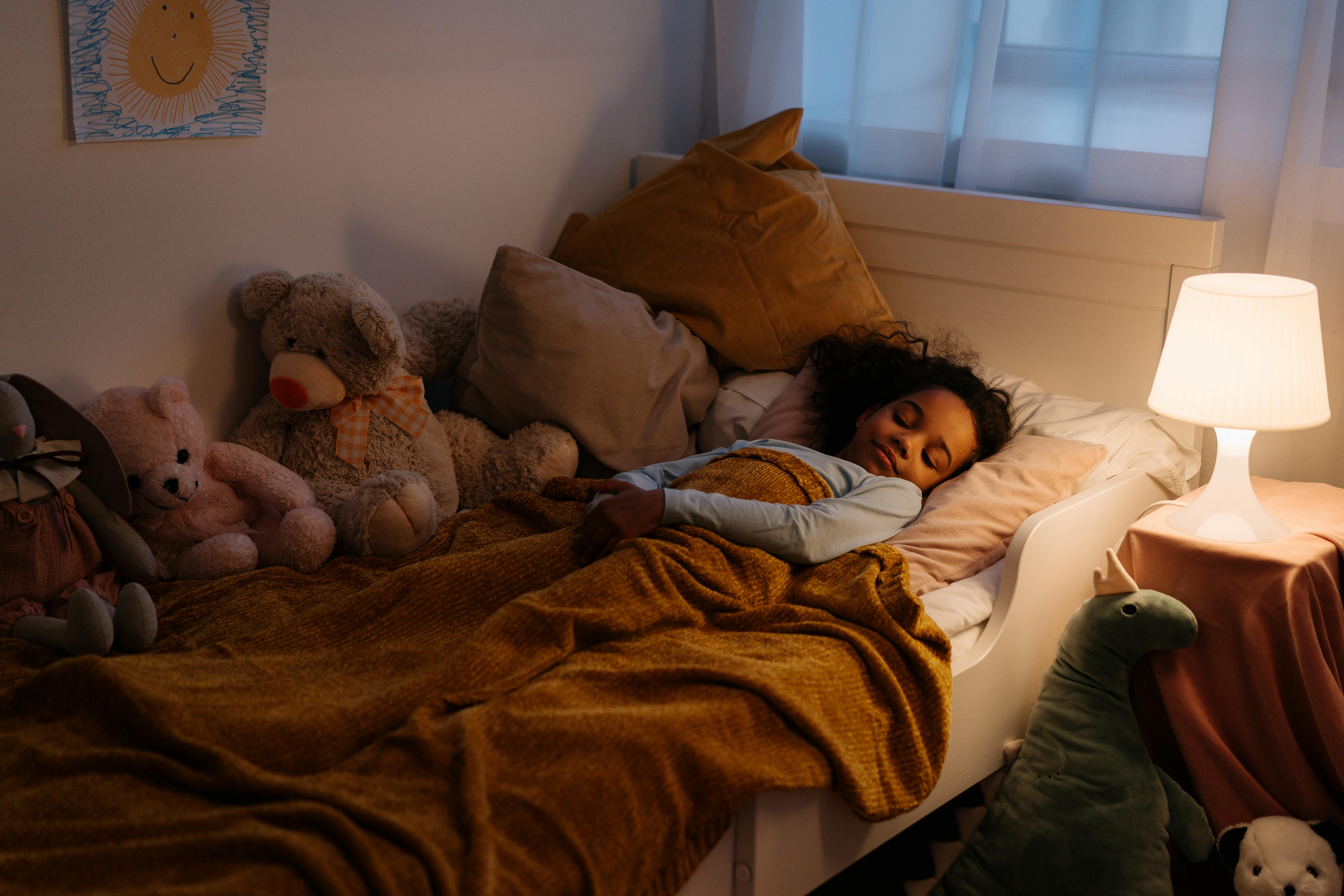
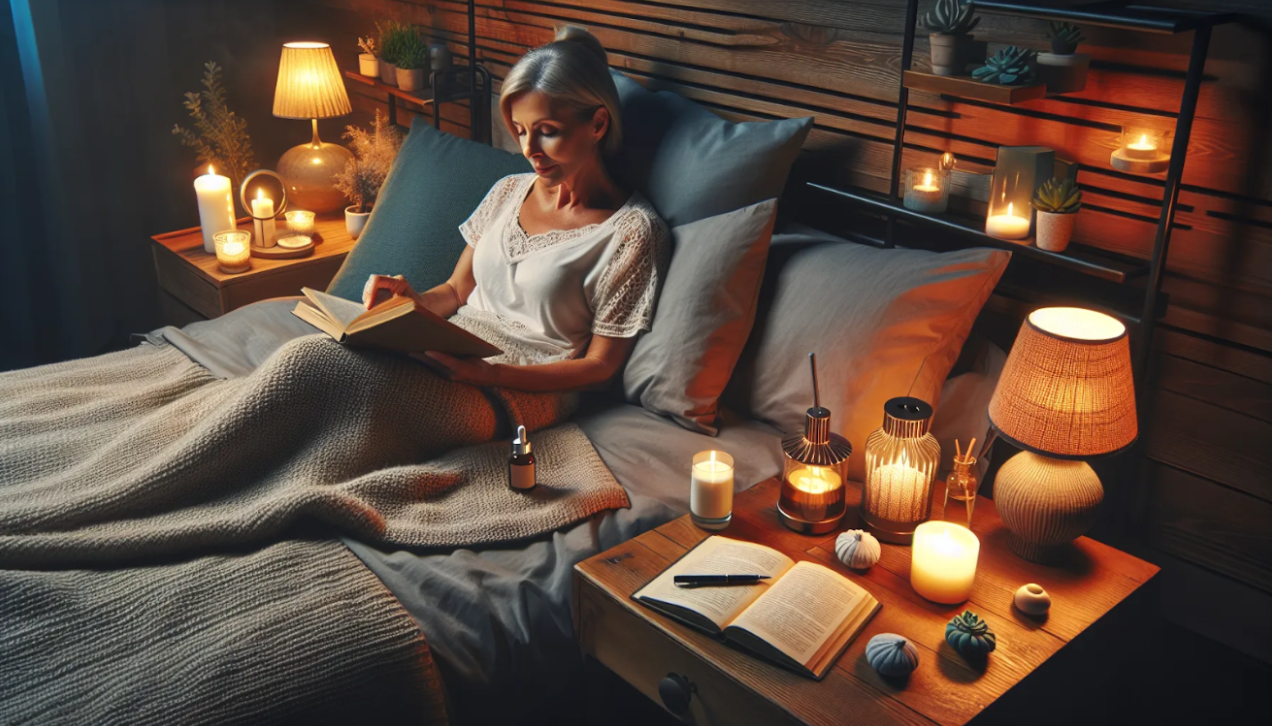

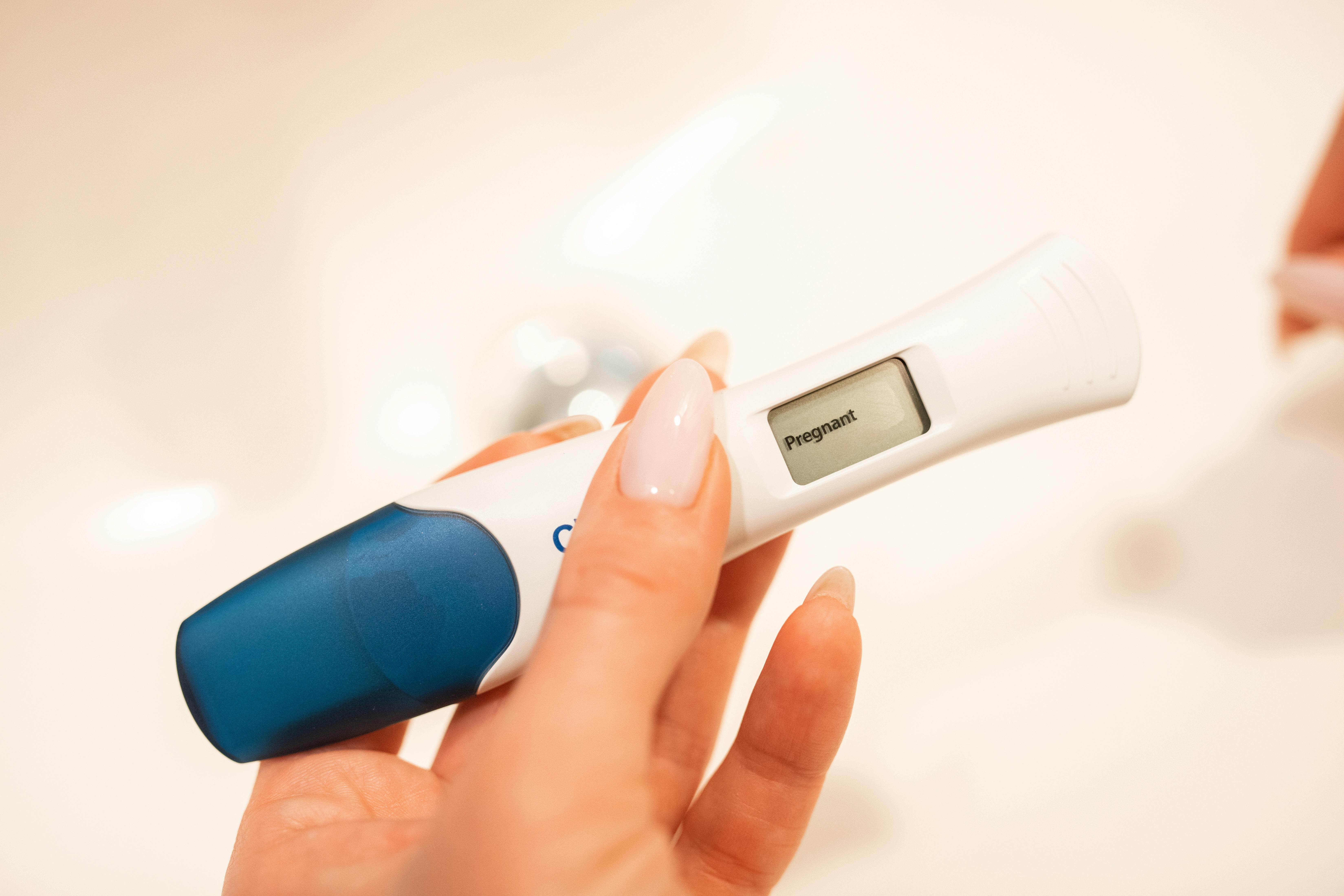
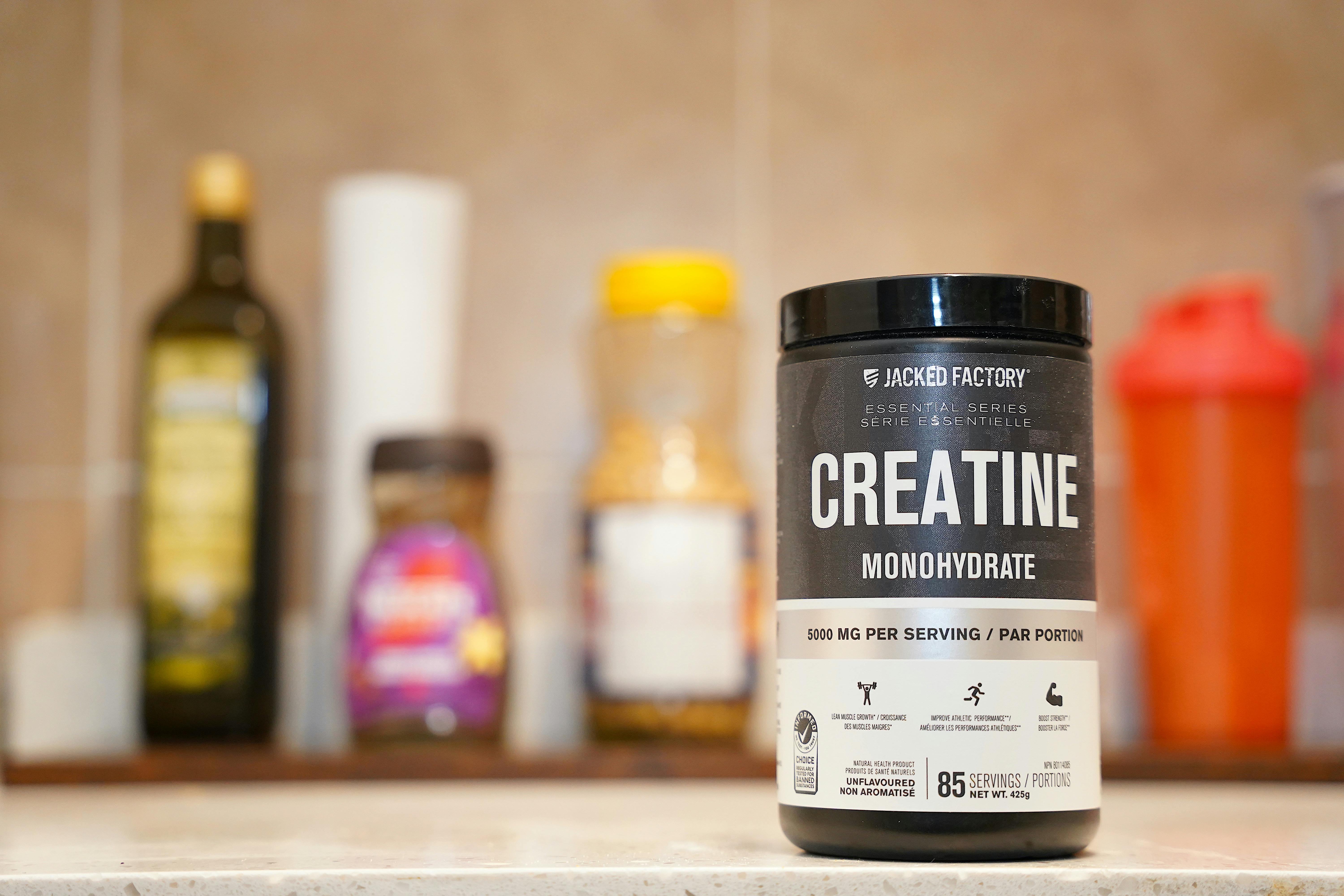


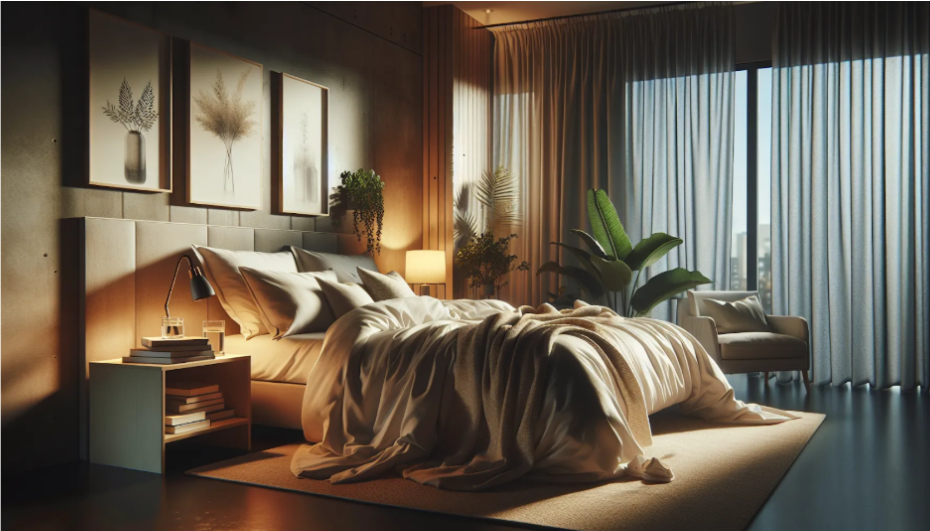

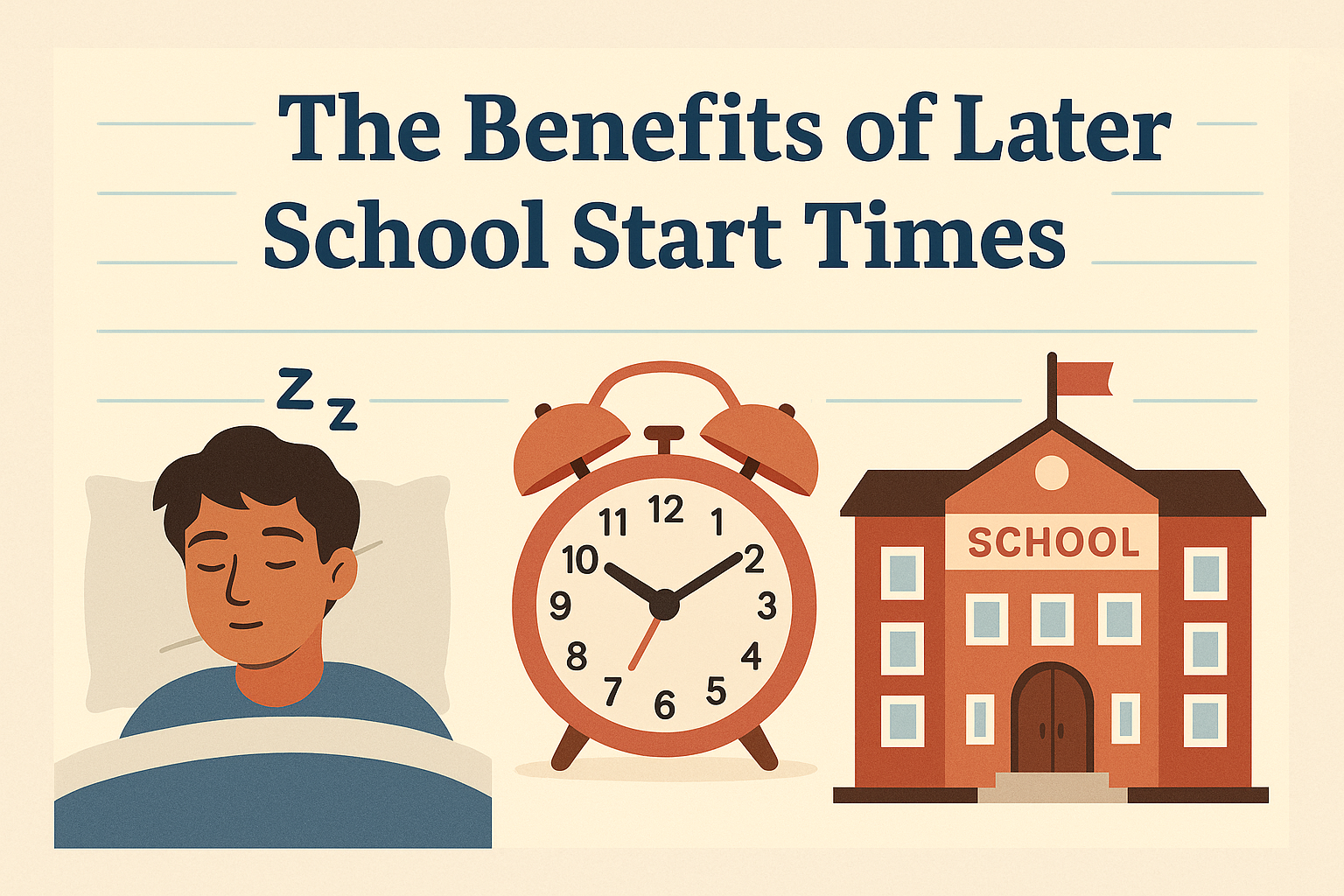

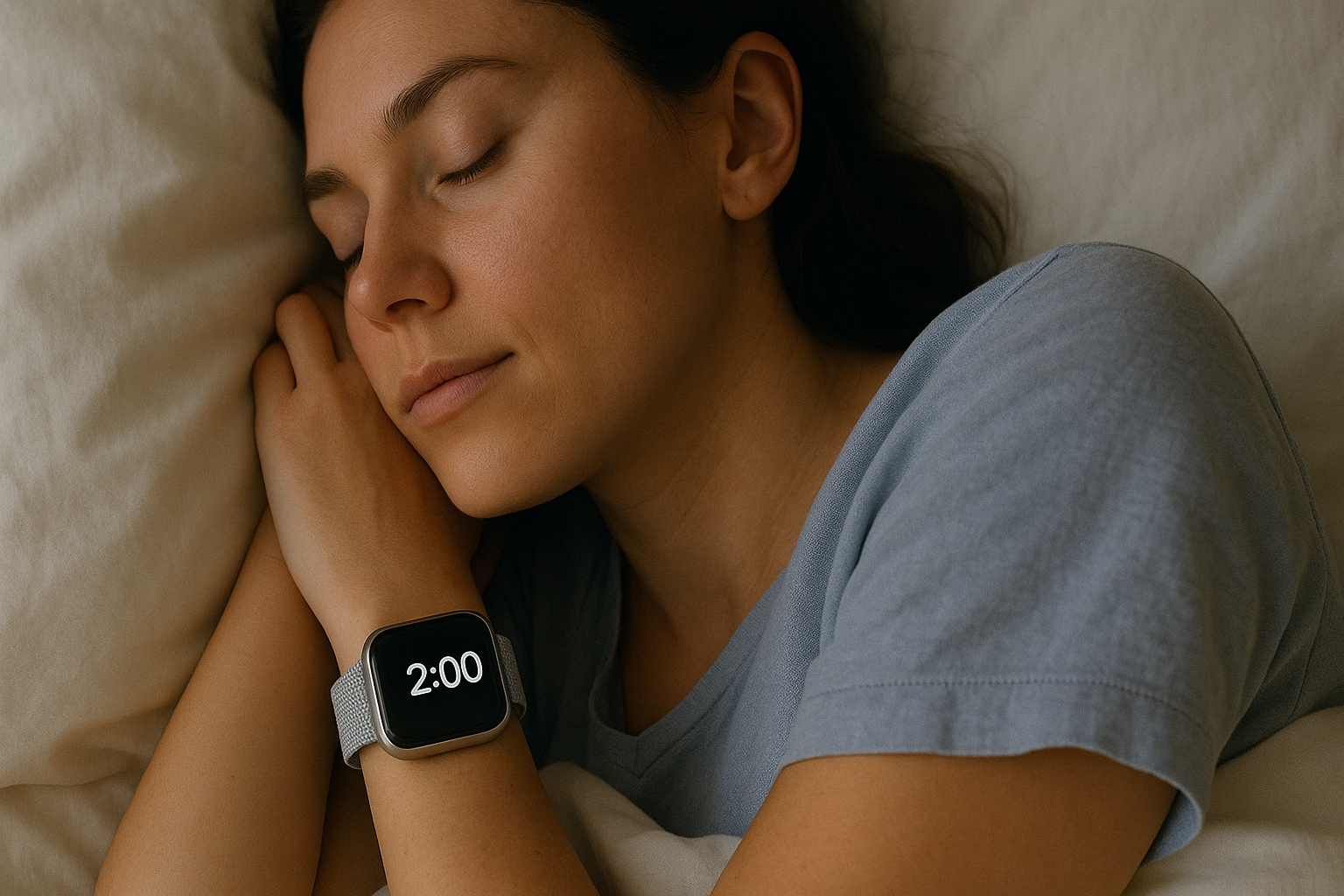


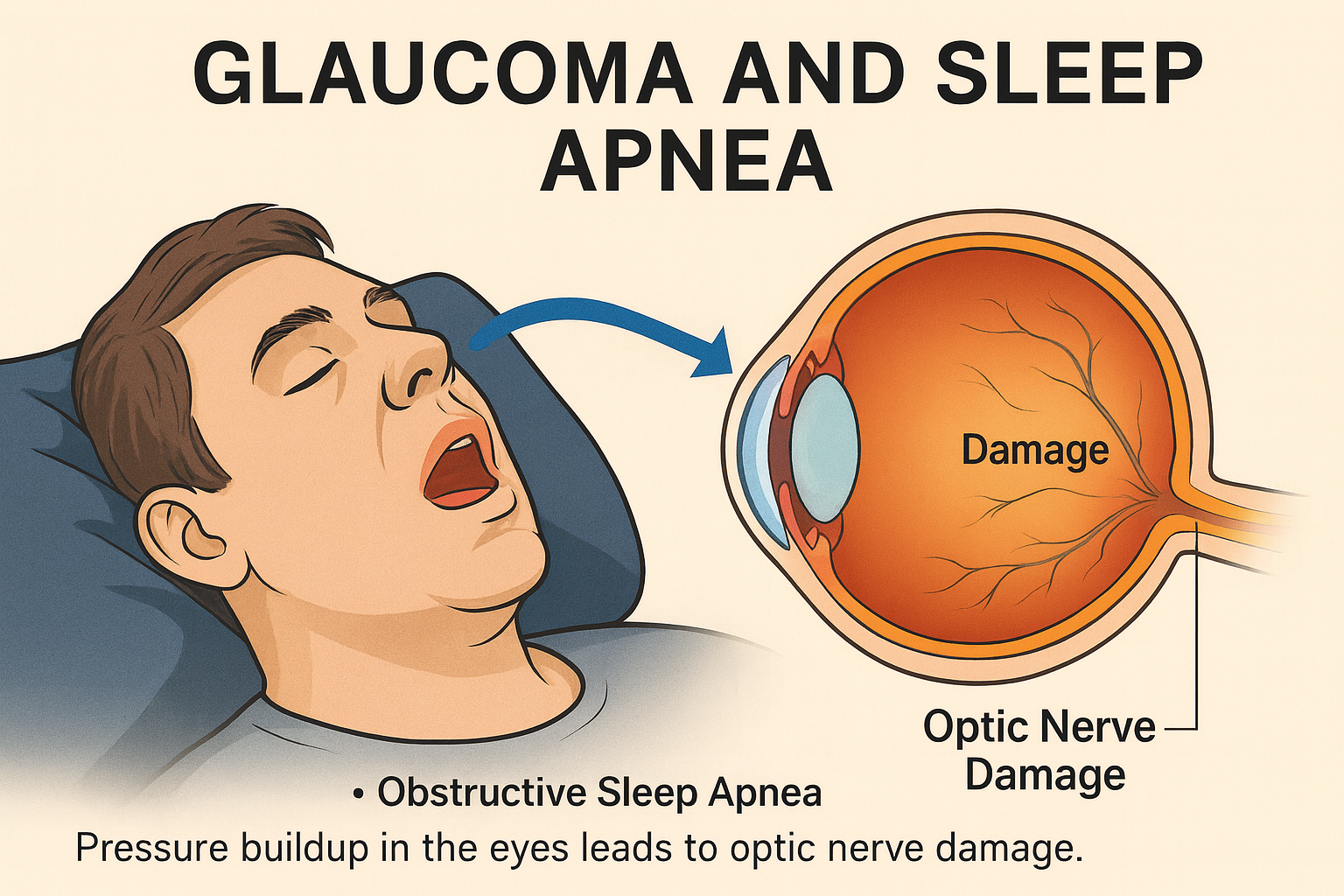
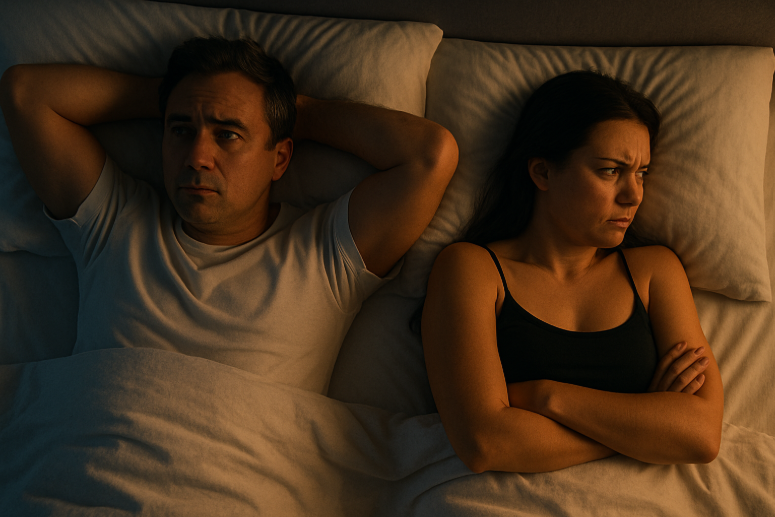
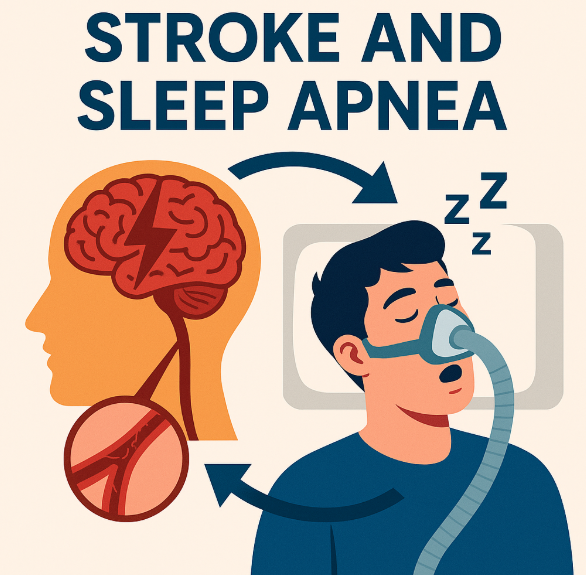
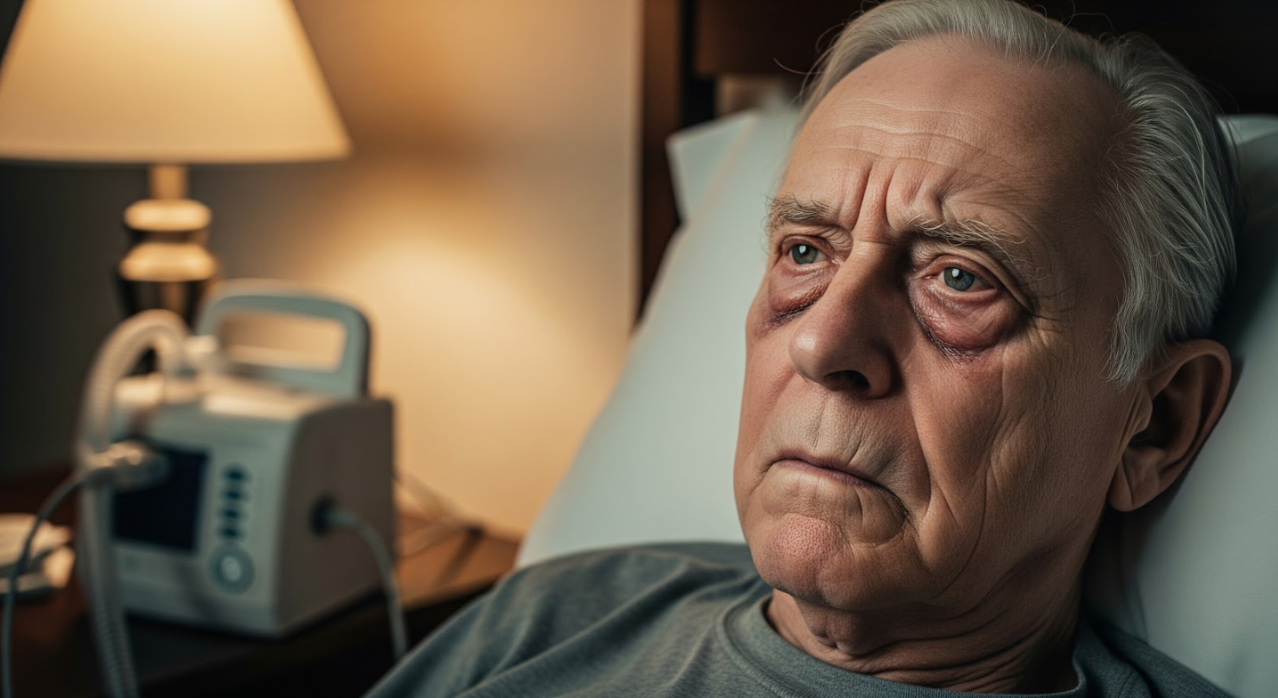
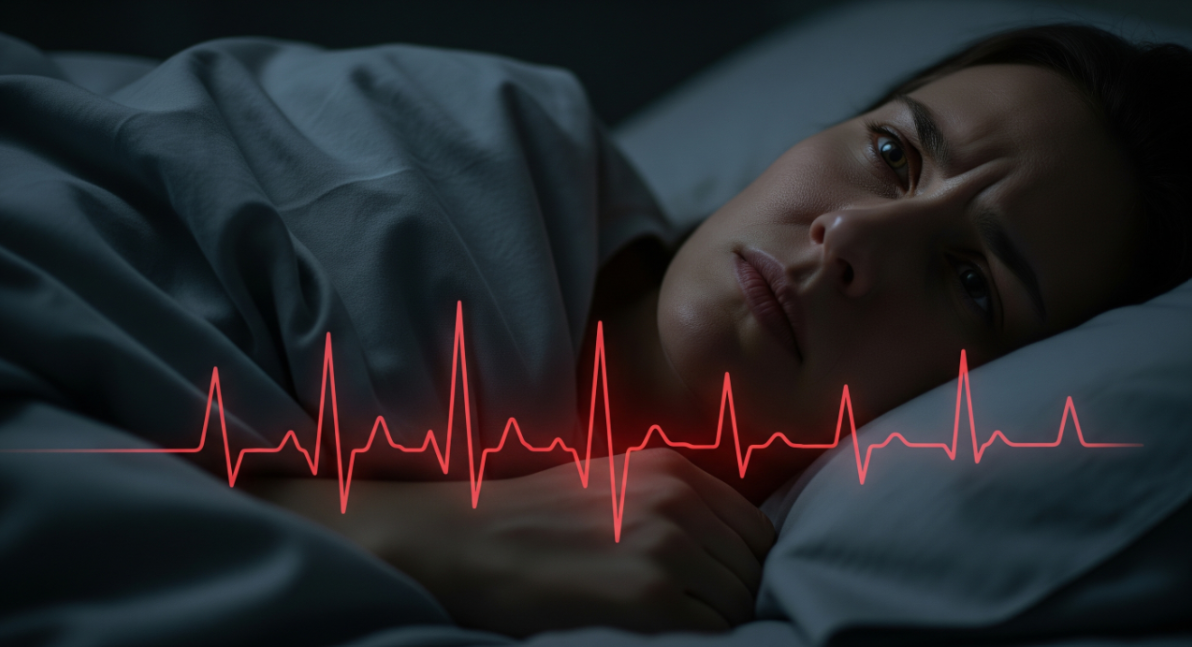






























































%20thumbnail.jpg)
.png)